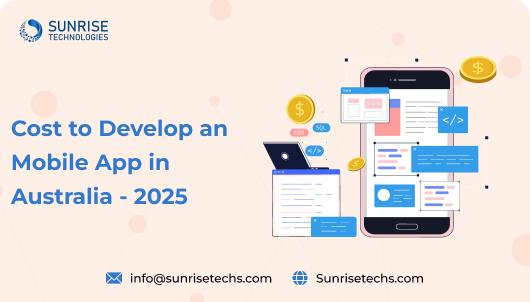
Thinking of Building an Android App?
Book a 1-hour free strategy call with our Android experts. Get guidance on the right approach, tools, and monetization strategies.

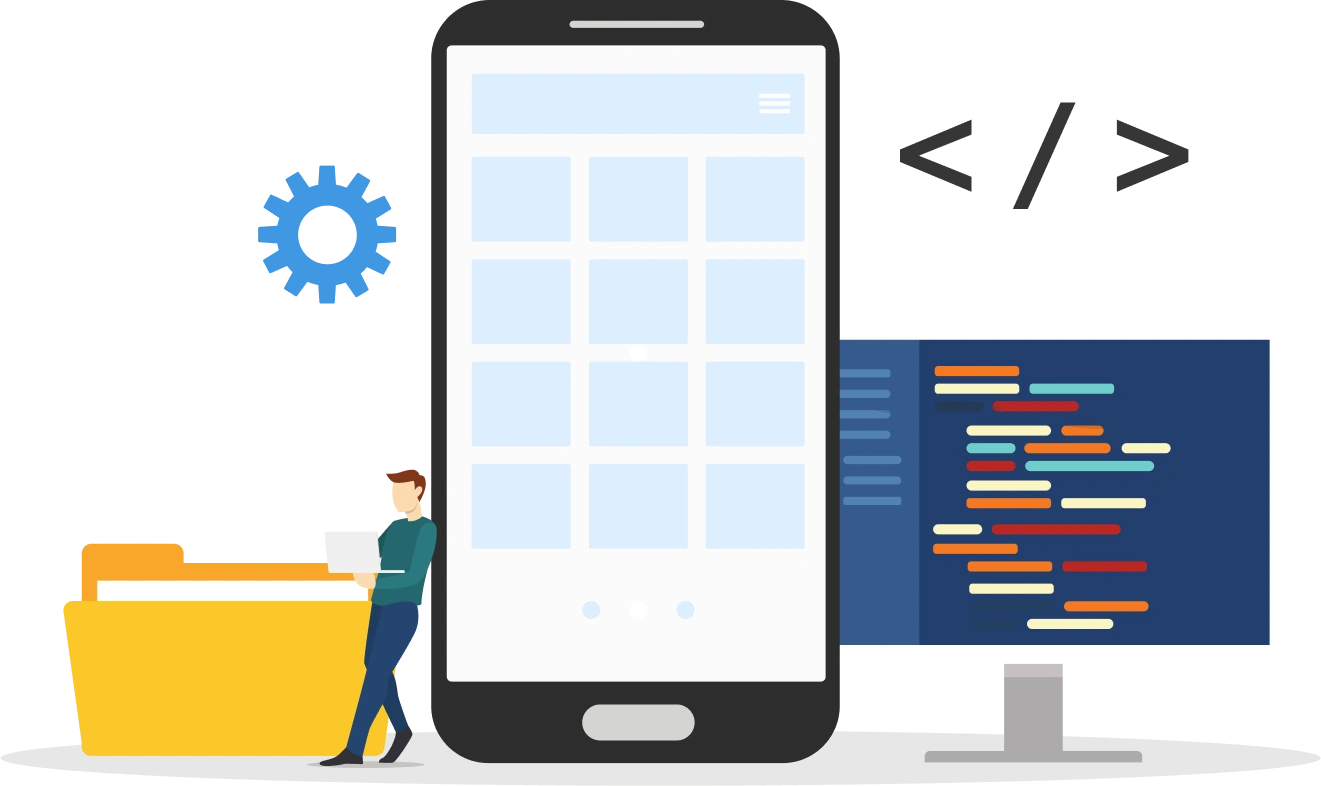
Feb 24, 2025
It is one of the most common and complicated questions for every business owner, whether they will build an Android app or an app for an iOS device. This is because, both the iOS and Android operating systems (OS) have their own weaknesses, strengths, and use cases. So, choosing which of the two native apps you will develop depends upon your business requirements and target audience. This article will explain why Android app development has more benefits than any other mobile operating system.
Android is undoubtedly the most popular operating system for mobile phones in the technology market. As of Quarter 1 of 2023, Android has a global market share of more than 70%. On the other hand, iOS has 25–30% of users worldwide. If you develop an Android app as an Android app development company, you can reach a range of global audiences. The reason is that iOS devices are so expensive that they are out of reach for most people.
As of May 2023, Android has a dominating market share of more than 90% in the Asian subcontinent. iOS has a negligible presence of about 5%. But still, Android has a better market presence, even in countries with an established economy. For instance, the market share of iOS devices in the United Kingdom is about 55%. That is slightly above Android’s share of 45%. The only country where iOS devices are mostly preferred is the United States, with 62% of the market share. Still, the US has enough Android markets to make launching apps fruitful. Hence, justified properly that Android gives a significant market reach and exposure to your app business, providing a better chance of success.
Book a 1-hour free strategy call with our Android experts. Get guidance on the right approach, tools, and monetization strategies.

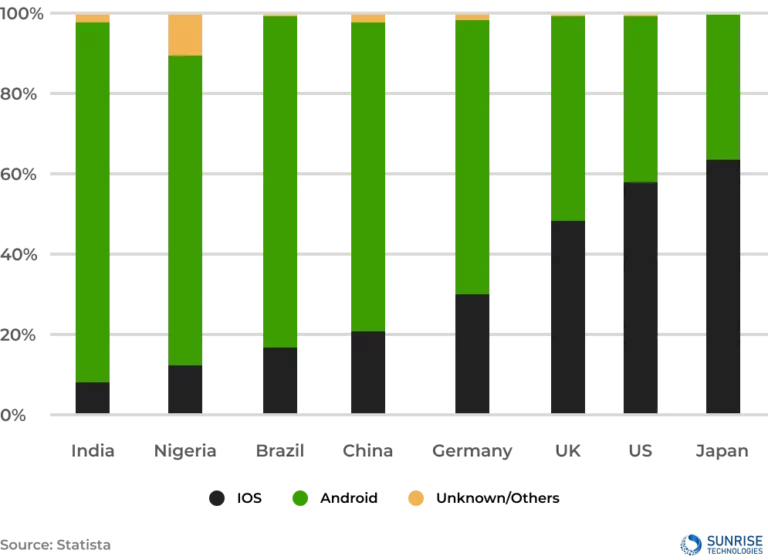
If you require fast time-to-market for your application, Android is your best bet. There is a less restrictive and development-friendlier approval process on the Google Play Store as compared to the Apple App Store. Such easing of the entire process of approvals assists in quickly fixing bugs and rolling out updates so that the app is available to the users without unnecessary delay.
One of the largest pros of Android is its multiple distribution channels. Though Google Play is the primary marketplace, your app can also be published on Amazon App Store, Samsung Apps, NOOK Apps, etc. Moreover, Android provides handy development tools that optimize the time for building and deploying applications.
Android is the preferred operating system worldwide for businesses seeking a high return on investment (ROI). Android apps provide more opportunities for revenue generation, giving them a better chance at reaching millions of mobile users as compared to iOS.
The cost of developing Android apps is one of the bigger advantages of developing on this platform. It usually happens that Android apps cost less than their iOS counterparts, thus making them an ideal solution for startups and other enterprises. The price of registering as an Android developer costs only $25 (one-time payment), while Apple’s Developer Program is $99 annually. In addition, since Android has a larger global developer community than iOS, support, innovation, and improvements in the Android ecosystem come faster.
Use our free cost calculator to estimate development costs based on your app idea, features, and scale.
For a faster and higher return on investment (ROI), Android is the most preferred operating system. This is only because of the superior market reach of Android devices. So it means more mobile and app users on Android. Hence, the revenue potential is greater for Android apps.
Also, Android app development costs are much more affordable than those for iOS. Android apps are cheaper to develop and have a lower cost of development. This means more revenue can be converted into profit. To register as an Android app developer, it only costs a one-time fee of $25. It is much cheaper compared to the Apple Developer Programme, which requires $99 annually. Besides, in the global market, the number of Android app developers is also higher than the number of iOS app developers.
One of the doubts faced by the iOS app developers’ interface is its enclosed ecosystem. While this leads to a more stable environment for development, it also limits the functionality of your app and its tools. This is the reason why developers prefer developing apps for Android. It is because it is an open-source platform and has a developer-friendly mode as well. Developers can access the documentation, extensive tools, and resources required to build an app. It also includes open (application programming interface) APIs and a software development kit (SDK).
Furthermore, Android promotes openness. Anyone who can review and audit the Android codes, thereby fixing and identifying the weaknesses, Allowing free evaluations helps to grow trust among the developers, contributing to a more profound and better platform.
If your app needs extensive customization, there is no better choice than Android because it gives you more options to do the same. It has more support for third-party plugins and tools. On the other hand, this is not allowed by iOS. It provides restrictions on the files an app can access because it operates in sandbox mode. It does not allow an app to interact with the files of another one.
These restrictions are rarely seen on the Android OS. The most basic hardware, like the CPU and the camera, can be directly accessed by the Android apps. It can be dangerous, but if done right, it can open up more chances. Android users also have a separate app to clean and manage their fields, like desktop users. Because of this potential for customization, Android apps are easily integrated into other platforms. It will be useful when enterprise solutions are developed. For instance, an Android app can run smoothly with an Enterprise Resource Planning (ERP) system.
Experience how our Android apps look, feel, and perform. Get a live walkthrough of features and user flows.
It is completely a misconception that iOS apps are more safe and secure than Android apps. Android is also not as safe as an open-source platform. It uses Security-Enhanced Linux (SELinux), a process for the operating system to apply access control. By default, SELinux neglects any operations or processes without any explicit permissions. It helps prevent unauthorised access by the malware or any online intruder. Developers can also get access to a wide range of security tools.
For instance, the app signing feature allows the developers to sign the APK digitally before they publish the apps on the Google Play Store. It ensures that the developers can only update the app installed on a particular device. It reduces the chances of hacking.
Android also provides native libraries for biometrics, authentication of the users, and encryption to help protect the apps from data breaches and hacks. The bottom line is that Android apps can be safer than iOS apps because the developers have all the necessary tools to make the apps safe and secure. It also depends on whether you use these tools properly or not.
Another helpful advantage of Android app development is that the Android OS offers in-app subscriptions, purchases, and monetisation strategies. Developers can also use many other revenue sources, including freemium models, advertisements, and paid apps, to generate revenue from the Android app for their businesses.
Android offers its developers a robust set of development tools. It also includes Android Studio, which provides features of an integrated development environment (IDE), which is very standard. The IDE features generally help to build apps of high quality. Plus, the most preferred programming language for Android app development, Kotlin, offers seamless integration and many other features with the Java programming language.
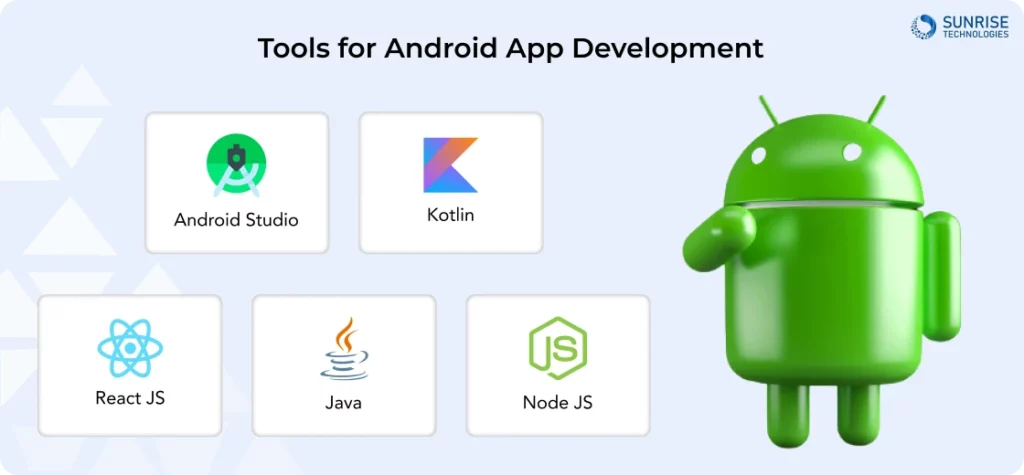
Another big plus of this development platform is its large and active developer community. Regardless of whether they are on-the-job learners or professionals, they have easy access to countless online tutorials, forums, and documents that make development easier for them.
From sites like Stack Overflow, GitHub, or the Android Developer Community, the developers have the power to share knowledge, ask questions, and collaborate in terms of their work. This strengthens the ability to support other community members with lesser learning curves, quicker solving of technical issues, and improvement in innovative approaches in Android app development.
Whether you want to choose cross-platform app development or native app development, the choice is completely yours. This article proved that an Android app has several advantages over an iOS app. But if you have the right tools, you can still fail if you cannot use them properly. Due to this reason, you should rely on an agency like us. We are the authentic service providers of Android app development in Australia. At Sunrise Technologies, we are an Australian-based IT company. If you have a business in Australia, we assure you that we will take your business turnover to the next level by helping you to build a successful app for your enterprise.
Sam is a chartered professional engineer with over 15 years of extensive experience in the software technology space. Over the years, Sam has held the position of Chief Technology Consultant for tech companies both in Australia and abroad before establishing his own software consulting firm in Sydney, Australia. In his current role, he manages a large team of developers and engineers across Australia and internationally, dedicated to delivering the best in software technology.

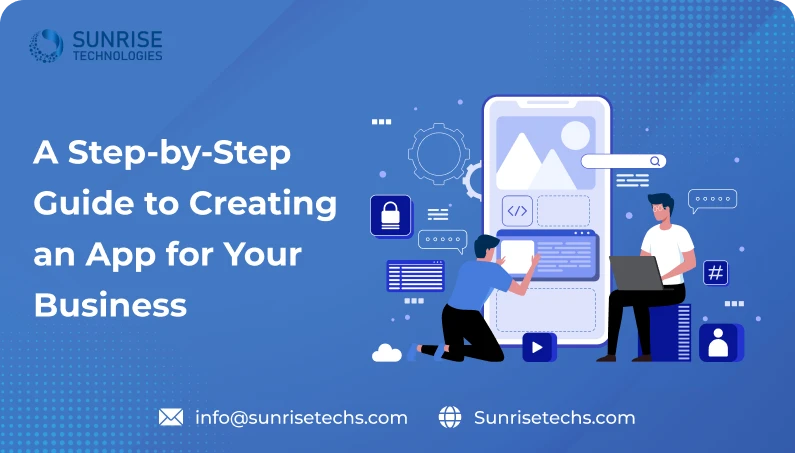
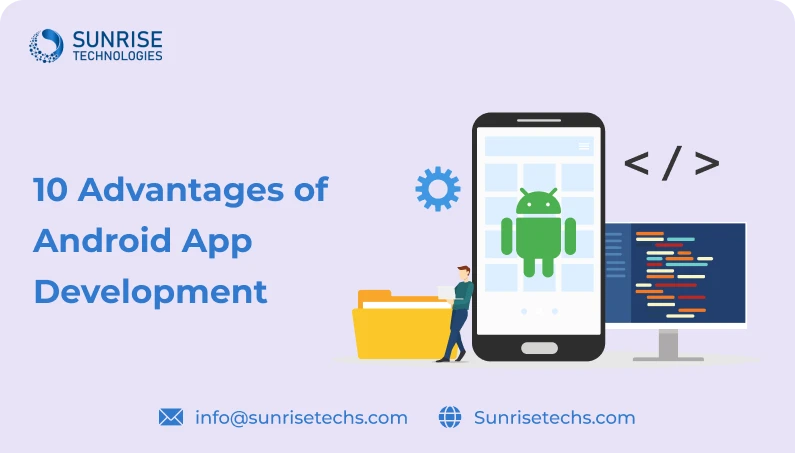

Cloud Based Project Management Platform
Read the challenges we faced and how we helped
View Case StudyYou cannot copy content of this page
Book a personalized demo to discover how our software products have helped 200+ customers streamline operations and enhance efficiency.
Have questions about software development process? Join us for a complimentary consultation.